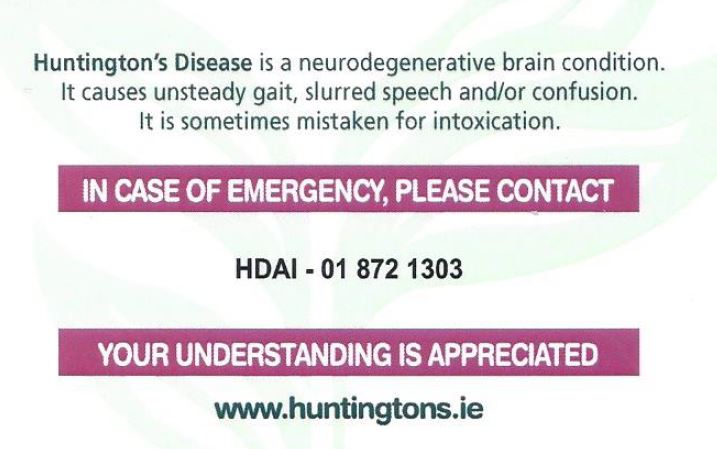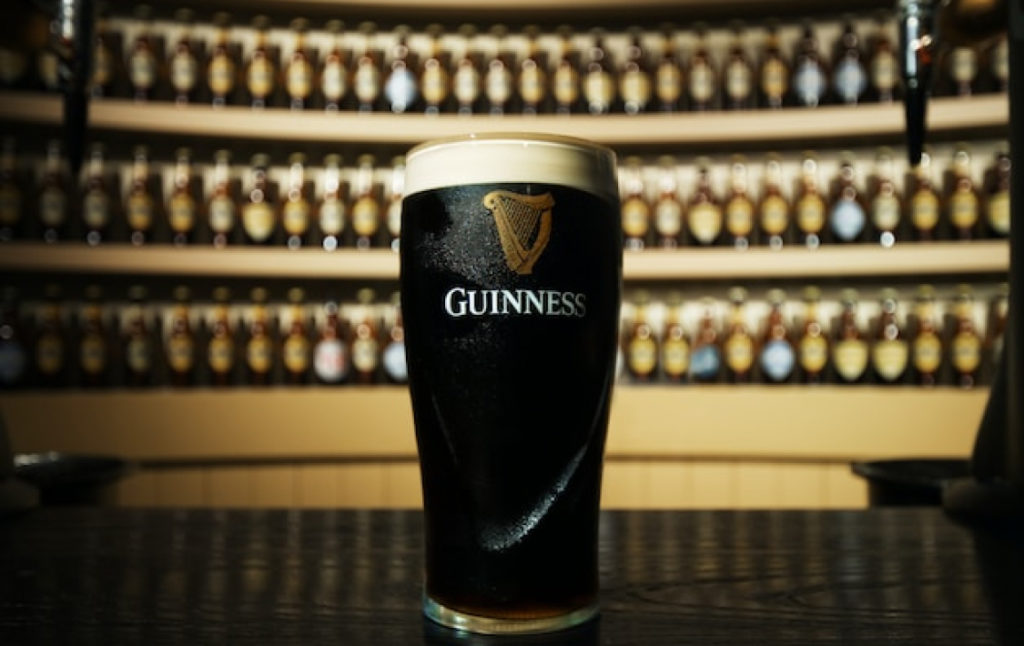Call for increased awareness of patrons with medical conditions presenting as drunkenness
The following article has been taken from the latest VFI Voice magazine.
Recent newspaper reports have highlighted the importance of publicans being aware of medical conditions that can present as drunkenness.
There are many medical conditions that present as apparent drunkenness. According to Professor Orla Hardiman, a Clinical Professor of Neurology at the Trinity Institute of Neurosciences, examples include but are not limited to:
- Multiple Sclerosis;
- Degenerations of the cerebellum, including Friedreich’s Ataxia and the Spinocerebellar degenerations;
- Other degenerative conditions such as multisystem atrophy, episodic vertigo, and some forms of migraine;
- Huntington’s Disease (does not affect the cerebellum, but causes slurring of speech; and,
- Acute strokes (affecting the brainstem or cerebellum).
Professor Hardiman says: “Any condition that affects the cerebellum, a part of the brain that coordinates movement, could be misinterpreted as drunkenness. Similarly, any condition that affects the muscles of the lips and tongue can do the same. Examples include: Myasthenia gravis, motor neurone disease and some types of dystonia.”
She adds: “Recognition can be difficult as alcohol also affects the cerebellum, and causes slurred speech and unsteadiness. We often advise many of our patients to carry a card stating they have a medical condition that causes slurring of speech and unsteadiness.”
Patricia Towey, Information and Services Coordinator, Huntington’s Disease Association of Ireland (HDAI) provides some insights into the experience of individuals who have Huntington’s Disease: “People with HD do face discrimination from others who assume they are drunk due to involuntary movement, poor balance, speech difficulties and slow response due to cognitive deterioration.
“A young woman at an outdoor event last summer was approached by a man when her partner went to the toilet. She endured a barrage of criticism and was told she ‘should be ashamed for being off her face’. She wasn’t able to reply due to her slower response time and her shock.”
The incident has had ongoing impact for the young woman: “Her family have informed us she has lost confidence since the incident and is reluctant to go out.”
Ms Towey explains: “Maintaining activities and social connections is particularly important for people with Huntington’s Disease and other neurodegenerative conditions as it helps maintain function for longer.
“There is a need for sensitivity and patience in order to avoid incorrect assumptions about people with life-limiting neurodegenerative conditions. Taking a moment to ask politely whether a person needs assistance can avoid discrimination and unnecessary suffering for individuals who may appear drunk due to their medical condition.”
A supportive approach
Here are a few guidelines based on advice from the Scottish Huntington’s Association that may be helpful in training your own bar staff. The guidelines below apply specifically to Huntington’s but are a useful basis to developing awareness of how to engage with any customer who has a medical condition that can present as intoxication.
As soon as you become aware that the person has a condition (either because they have told you or you have asked a question that prompted them to tell you) you should make offering support a priority. This applies even if the person appears drunk to you. In effect, learning that the person has Huntington’s Disease should trigger the approach outlined below.
- Ask the person and anyone with them if they need assistance to get seated or require any other help. This might be a rare occasion for the person to get out and enjoy life and, equally so, for their carer. You can help make it a positive experience by being friendly, relaxed and respectful.
- Be aware that the person with HD might not necessarily ask for help so watch out for signals from a carer (if they have one) that they would appreciate some support.
- You must always operate on a ‘benefit-of-the-doubt’ basis. You need only be concerned about behaviour that directly impacts negatively on others, for example physical or verbal aggression. You can safely ignore:
- The person being fidgety, restless or having large jerky movements.
- Slurring of speech
- Problems with balance or coordination
- Speaking overly loudly (some people with HD lose the ability to control the volume of their speech)
- Irritability with the person accompanying them, unless that person is asking for support.
It is always worthwhile– unless there is an immediate risk to others – to simply monitor any situation you are concerned about and then consult with the bar manager or pub owner before taking any definitive action.



